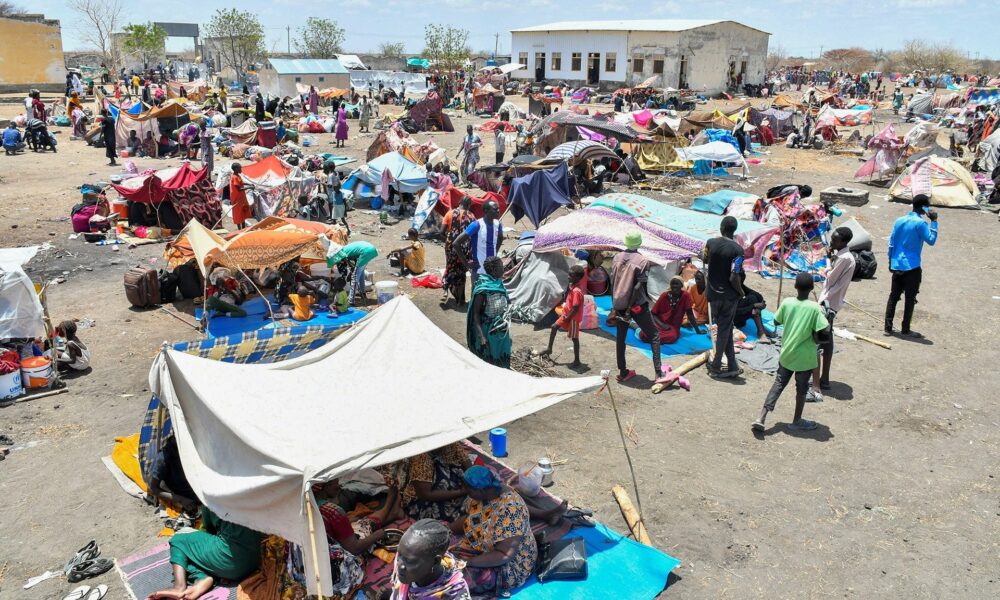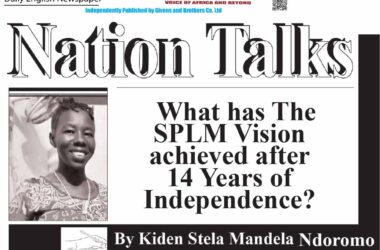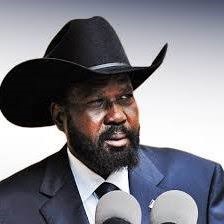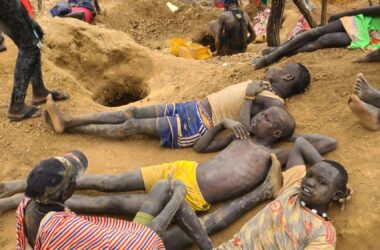Kidega Livingstone
Médecins Sans Frontières (MSF) has issued a warning that the shortage in funding is jeopardizing the efforts of humanitarian actors in addressing the crisis in South Sudan.
The organization has highlighted concerns regarding inadequate access to food, clean drinking water, and sanitation facilities, as well as the lack of proper health facilities and shelters for refugees and returnees in the camps and host communities in Twic, Warrap State.
In a press statement obtained by No. 1 Daily Newspaper, Nicolas Guiral, the MSF project coordinator in Twic, emphasized that reduced funding poses the primary threat to their humanitarian response.
Without sufficient financial resources, MSF and other actors on the ground are hindered in their ability to provide vital assistance and support to those affected by the crisis.
“The main threat in 2024 is the decrease in funding for South Sudan, which has led to a significant decrease in the presence and response of [humanitarian] actors, with major concerns about lack of food and poor water and sanitation conditions in the camps as well as in most host communities—and poor shelter conditions to accommodate the coming rainy season, with limited access to quality health care services,” he said.
“In Twic, the recent violence has mainly affected our activities in receiving people who are wounded or killed. It’s also affecting an important part of our team since most have family members who are from other communities and have been separated until now from the conflict,” he further noted.
According to Mr. Guiral, the renewed intercommunal violence has led to deaths, serious injuries, destruction of property and livelihoods, and further displacement.
He said the conditions have stretched their teams and equipment, and during the clashes, MSF lost two team members who, although off-duty and not targeted as staff, became victims of the violence.
“The magnitude of the crisis exceeds the capacity of any single entity, and a collaborative approach is essential for creating a more substantial and effective humanitarian response,” he stated.
Mr. Guiral said as of November 2023, more than 400,000 people, predominantly South Sudanese returnees, as well as refugees, have crossed the border, and the large number of arrivals, particularly women and children, presents challenges for transit sites.
“Rising market prices have contributed to worsening food insecurity. These add to the challenges South Sudan already faces, such as regular disease outbreaks, flooding, displacement, and high rates of malnutrition,” he said.
He said while MSF continues to provide health care and hospital services, there is an urgent need for additional support from other humanitarian actors in terms of food, water, sanitation, and shelter, especially with the impending seasons of floods as well as violent events that could cause the situation to deteriorate further.
In the past year alone, MSF field coordinator said their teams have supported 50,000 people and conducted 23,000 emergency consultations.
In the recent month of March 2024, MSF reported that at least 1,300 people arrive in Renk in Upper Nile State daily.
They said the transit centre, which initially was planned to host only 3,000 people, is now hosting more than 15,000 people.
Since the beginning of the conflict in Sudan, more than 600,000 refugees and returns have arrived via Renk alone.
In Renk, there are also shortages of food, clean drinking water, shelters, and poor health facilities.




